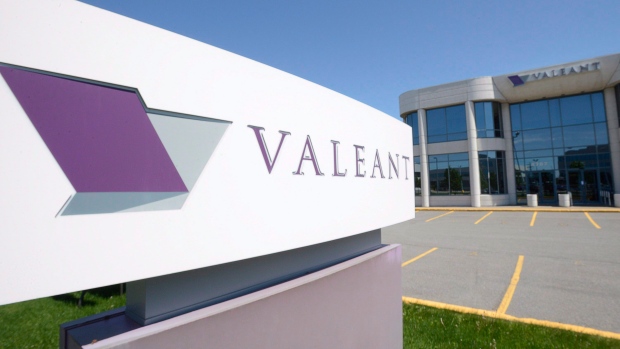Jul 15, 2014
Valeant looks for acquisitions to dodge taxes: Melnyk
, BNN Bloomberg

The pharmaceutical and sciences sector has long been a hotbed of M&A activity. Fourteen deals, each worth more than a billion dollars, have happened so far this year. While most are thought to be motivated by complimentary product pipelines or research goals, the prospect of moving from a high taxation jurisdiction, like the U.S., to a low taxation jurisdiction, like Barbados, Ireland, or Luxembourg, is a tempting one.
This is the motive behind Valeant Pharmaceuticals International’s (VRX-T) private equity-like growth by acquisition strategy according to Biovail Corp. founder Eugene Melnyk.
“It’s nonsense. They [Valeant] did 100 acquisitions and I bet you five of them are synergistic from a business perspective. From a tax perspective, what they did is kind of worse,” said Melnyk in an interview with BNN.
In 2010, U.S.-born Valeant merged with Mississauga Ont.-based Biovail, essentially becoming a Canadian company, in a move that would gain access to Canadian tax treaties with more favourable domiciles. Valeant has since bought more than 30 businesses and is currently attempting a $53-billion hostile takeover bid for Allergan Inc. (AGN-N)
“They do the acquisitions not for synergies of business, but to avoid or to make sure they pay a lower tax rate,” Melnyk said. He tells BNN he rejected the same bankers who did this for Valeant while he was at the helm of Biovail.
The strategy, known as tax inversion, is fast becoming a hot button issue at the centre of M&A action between Pfizer (PFE-N) and Astra Zeneca (AZN-N), Endo (ENDP.O) and Paladin Labs, AbbVie (ABBE-N) and Shire (SHPG.O), and Medtronic (MDT-N) and Covidien (COV-N). The frenzied pace of these deals have some in the U.S. pushing for tighter controls on U.S. companies, but according to Melnyk the necessary laws are in place to put a stop to tax inversion.
“They just happen to be ignoring it, and nobody is enforcing it,” said Melnyk.
He would know. Biovail, while incorporated in Canada, chose to locate Biovail Laboratories International SRL in Barbados. Other Biovail subsidiaries operated in known tax havens like Puerto Rico and Ireland. Melnyk is the 77th wealthiest Canadian, according to Canadian Business Magazine's 2014 list. He lives in Barbados.
“It’s basically having your earnings be accretive because you are taking away the taxes. That can’t last forever. It’s just a question of one congressman standing up and saying, ‘Wait a minute. How much did we lose last year to tax inversions,’” said Melnyk.
He stepped down as Biovail’s chairman in 2007, just one day after he and then CEO Kenneth Howling received a notice from the U.S. Securities and Exchange Commission alleging breach of securities laws.
The SEC stated that , “present and former senior Biovail executives, obsessed with meeting quarterly and annual earnings guidance, repeatedly overstated earnings and hid losses in order to deceive investors and create the appearance of achieving earnings goals,” according to a press release. Melnyk was banned from holding a senior role at a public company in Canada for five years in 2011 and fined $565,000 in addition to the $1 million previously paid in a settlement.


